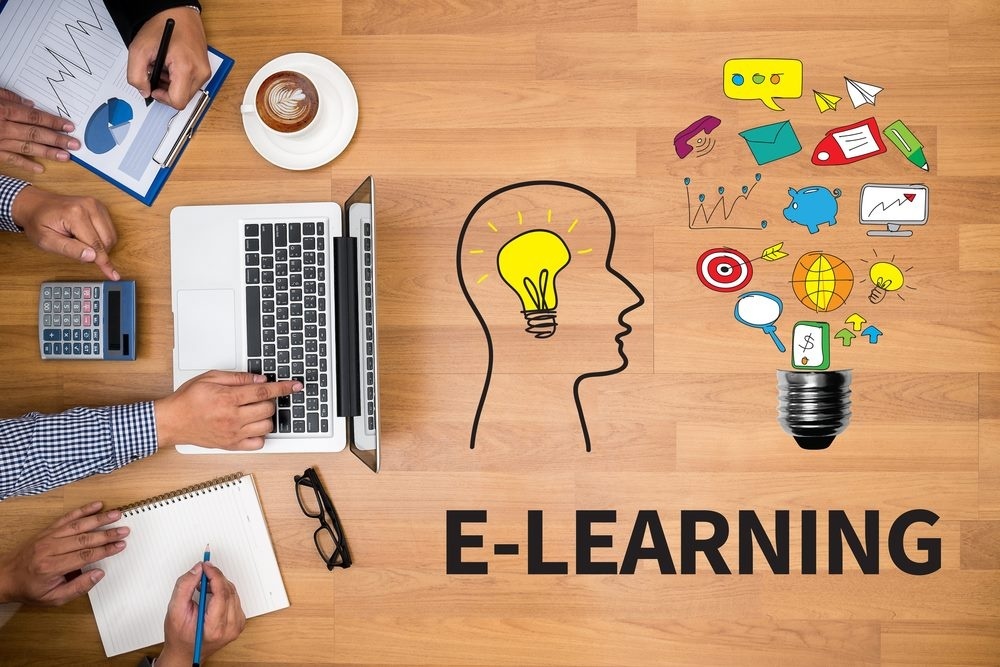
Educational institutions will need to rethink their infrastructure to accommodate new opportunities for curriculum delivery, as stipulated in the NEP. In this new and comprehensive national curriculum structure for teacher education, to be formulated by NCTE through NCERT, by the end of 2030, the minimum teaching qualification will be 4 years B.Ed. All universities, private, open, permanent, professional government, etc. will have the same classification and different rules. According to the educational strategy, various councils will create a realistic model of the commission’s examinations shortly. To achieve the criteria online teacher training courses can also be helpful.
If this is realized, students will not have to pass multiple entrance tests. Another proposal that could change the experience of students in higher education is the National Testing Agency’s unified college entrance examination. According to the policy, this will help to increase the overall enrollment rate in tertiary education, as students who are not proficient in English will be encouraged to continue their studies in regional languages.
This will allow students to choose from subjects such as sports, vocational skills, art, and culture. In school, young people will receive the education they need in a professional environment. In school, the child will receive the necessary vocational training. Then, students will study first and second grades for the next two years. Children in the first three years will receive pre-school education in Anganwadi. Anganwadi will provide early childhood education for the first three years.
Dr. Kasturirangan said that vocational education, which guarantees the professional knowledge of the sixth grade itself, is chaired by a committee that was formed to finalize the new education policy, and the child will now be provided with vocational education and skills in the sixth grade. sixth grade. According to Dr. Kasturirangan, vocational education has been chaired by a committee set up to approve the new educational policy, and the child will now receive vocational education and skills from the sixth grade.
Support will be provided to children from socially and economically disadvantaged groups (SEDG) to access course materials and certification. It was also decided to launch the second phase of the National Initiative for the Holistic Development of School Leaders and Teachers (NISHTA) at the secondary school level to provide teachers with capacity-building learning opportunities to improve the quality of education. ECCE will be implemented through a significantly expanded and strengthened system of institutions, including Anganwadi and kindergartens, which will house Anganwadi teachers and workers trained in ECCE pedagogy and curriculum. A special unit will be created within the Ministry of Health to coordinate the creation of digital infrastructure, digital content, and capacity building to meet the needs for e-education in both schools and higher education institutions. The NEP envisions the creation of an autonomous body called the National Forum for Educational Technology, which will provide a platform for the exchange of ideas and the use of technology to enrich the teaching and learning experience.
To improve many aspects of education, the use and integration of # technology will be encouraged and supported. Efforts will focus on revolutionary new technologies that can help us change the #educational system and empower our teachers. This is the goal embodied in NEP-2020, and if implemented properly, it will make education more comprehensive and interesting. This is the vision contained in NEP 2020, and when it is fully implemented, it is expected to make education more comprehensive and beneficial.
Through this NEP 2020, the government hopes to make India a “global knowledge superpower,” and this will only be done by making the education system for schools and universities more flexible, holistic, and interdisciplinary, which will reveal their unique capabilities. NEP 2020 stresses the importance of ensuring universal access to schooling at all levels, from kindergarten to secondary school.
Once the infrastructure/participation is in place, providing quality education will be key to student retention so that students do not lose interest in attending school. As colleges/universities become multidisciplinary, they will also strive to host outstanding educational departments offering Bachelor’s, Doctorate, and Ph.D. degrees in #education.
Higher education plays an important role in improving the well-being of the people and the development of India. Their goal is to increase their GER from 26.3% to 50% by 2035 and will add about 3.5 new positions. Also, receive higher education. mechanism. NEP’s goal is to achieve 100% GER from kindergarten to intermediate level by 2030. It also aims to increase the gross enrollment rate of higher education, including vocational education, from 26.3% in 2018 to 50% in 2035 and plans to increase Rs 35 crore to education. New positions in higher education institutions.
The National Education Policy 2020 (NEP 2020), approved by the United Cabinet of India on July 29, 2020, sets a vision for India’s new education system. Federal Minister of Education Ramesh Pohriyal Nishank said on Friday that India’s new National Education Policy (NEP) is based on the concepts of fairness, quality, and accessibility. The long-awaited new education policy was approved by the Union Council of Ministers at a meeting chaired by Prime Minister Narendra Modi on Wednesday, July 29, 2020. The National education policy 2021 plays a vital role in the development of the educational system.
NEP 2020 offers many policy changes when it comes to teachers and their preparation. NEP 2020 provides clear and distinct systems for policy development, regulation, operations, and academic matters. By 2022, the National Council for Teacher Education will develop a Unified National Professional Standard for Teachers (NPST) in consultation with NCERT, SCERT, teachers, and expert organizations at all levels and regions. By 2022, the National Council for Teacher Education will develop a Unified National Professional Standard for Teachers (NPST) in consultation with NCERT, SCERT, teachers, and expert organizations at all levels and regions. NCERT will develop a new overarching framework for the National Curriculum for School Education NCFSE 2020-21.
Soon after the policy was made public, the government made it clear that no one would be forced to learn a particular language and that the learning environment would not be transferred from English to any regional language. NEP 2021 aims to make India a world-knowledge superpower. The new academic session will begin in September-October – the delay is due to the unprecedented outbreak of the coronavirus (Covid-19) – and the government intends to present the policy before the start of the new session. The NEP is the overarching framework for guiding development. education in the country. National Education Policy 2020 will put two million school-age children back on track.
The new 5 + 3 + 3 + 4 curricula began with 12 years of study and 3 years of Anganwadi / Preschool education. We will provide a summary of the 2021 New Education Policy, such as program benefits, program key features, application status, the application process, and more. This paper is the first attempt to highlight NEP 20020 and examine India’s 2.0 vision for the overall transformation of the education system to address the challenges of the 21st century.
Before this policy draft, Sharma advised the incorporation of critical thinking from the school level into the tertiary level and advised aligning with a modernized, localized, and globalized technological transformation in the educational systems of developing countries such as India. This, according to NEP, will go a long way towards “achieving holistic and interdisciplinary learning.” The new policy proposes to “adjust” the duration of degree courses to allow students “to experience the full range of holistic and interdisciplinary learning, and to focus on major and minor, selected according to the student’s choice.”
